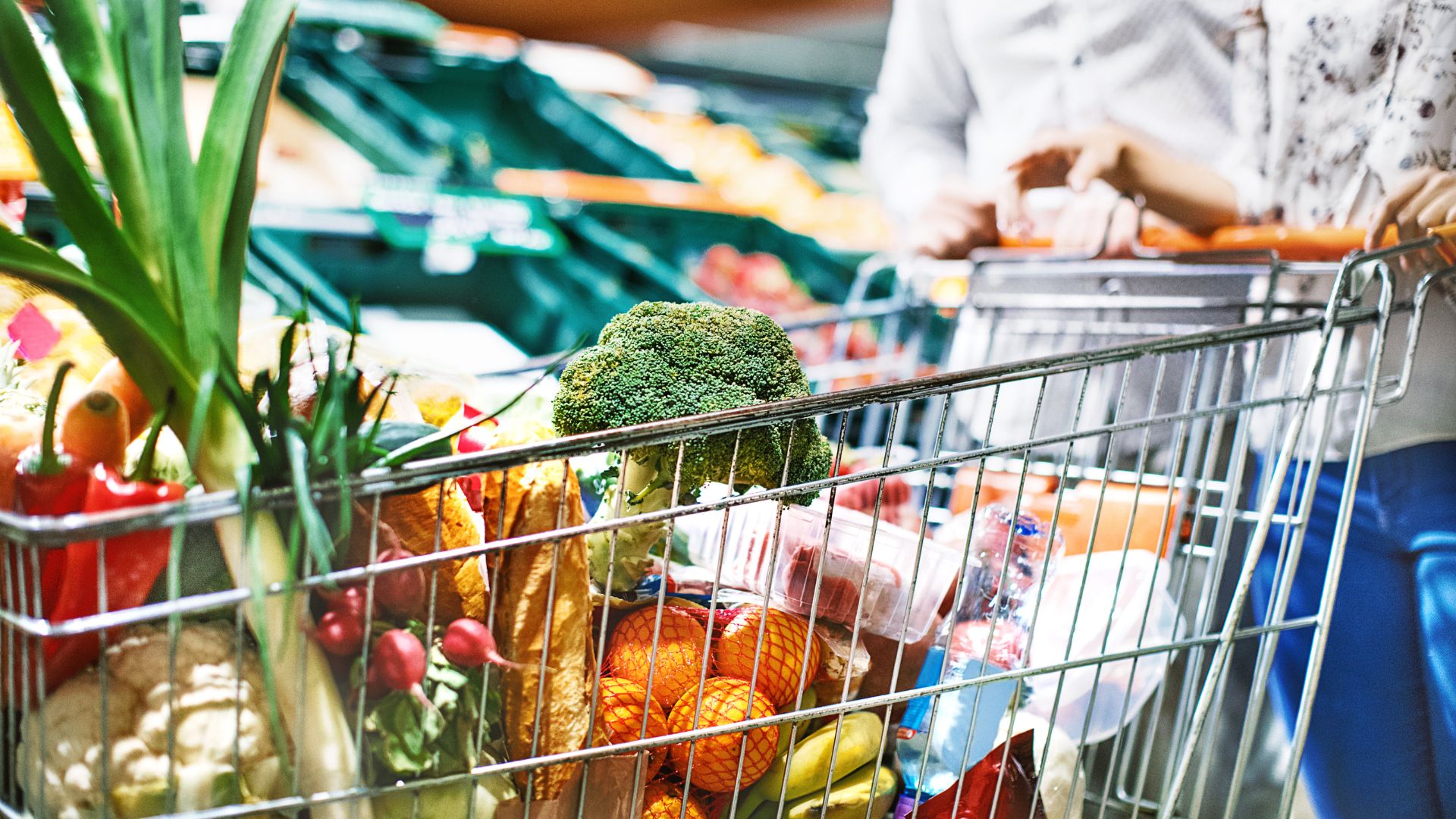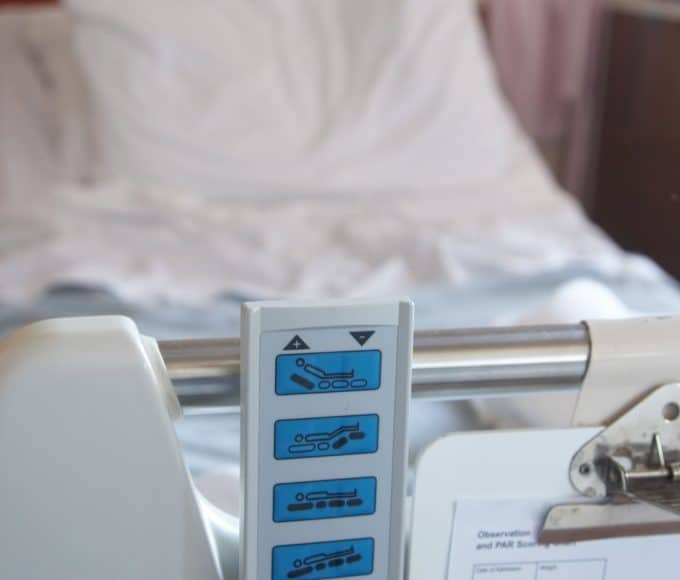Maintaining a healthy diet is essential in the management of diabetes. Eating the right foods can control blood sugar levels, reduce the risk of complications, and contribute to overall well-being. If you have type 1 or type 2 diabetes, some foods are beneficial to your health and others are detrimental. Let’s take a look at the foods to eat and avoid if you have diabetes.
How Diabetes Affects Diet
Diabetes is a condition that affects how your body processes glucose (sugar) in your blood. It occurs when your body either doesn’t produce enough insulin (type 1 diabetes) or cannot effectively use the insulin it produces (type 2 diabetes). This results in high blood sugar levels, which can lead to long-term health complications.
One huge difference between type 1 and type 2 diabetes is that people with type 1 diabetes don’t need to focus on weight loss—managing their blood sugar levels is the primary focus. But for type 2 diabetes, a combination of weight management, blood sugar control, and maintaining a healthy lifestyle is crucial. Thus, eating a balanced, nutrient-dense diet tailored to one’s individual needs is essential in the management of diabetes.
Foods To Eat
The keys to a healthy diet are balance and variety. Here are some recommendations for foods that can keep your blood sugar levels in check:
Whole Grains
Brown rice offers many health benefits, as do other whole grains such as quinoa. They’re rich in fiber and can control blood sugar levels.
Leafy Greens
These low-calorie vegetables contain abundant vitamins, minerals, and fiber. Spinach, kale, and collard greens are excellent choices.
Lean Protein Sources
Choose lean meats such as chicken, turkey, and fish as well as plant-based protein sources such as beans, lentils, and tofu.
Fruits and Berries
Fruits can be a part of a balanced diabetic diet. Go for nutrient-dense and fiber-rich choices such as apples, oranges, berries, and cherries.
Foods To Avoid
Including a variety of nutritious foods in your diet is important, but there are some foods you should limit or avoid:
Sugary Drinks
Sodas, sweetened juices, and other sugary beverages can cause blood sugar levels to spike. Opt for water, herbal tea, or unsweetened beverages instead.
Refined Carbohydrates
White bread, pasta, and rice lack the fiber and nutrients found in their whole-grain counterparts. Stick to whole grains for better blood sugar control.
Trans Fats
Found in some margarines, baked goods, and fried foods, trans fats can increase the risk of heart disease. Read labels carefully and avoid foods containing partially hydrogenated oils.
Fried Foods
Fried foods are high in calories and unhealthy fats, which can contribute to weight gain and negatively affect your blood sugar levels.
Now that you know which foods you should eat—and which you should avoid—if you have diabetes, you can effectively control your condition and enhance your general well-being. Just remember to consult your health-care provider or a registered dietitian before making any significant changes to your diet, since everyone’s dietary needs are unique.















